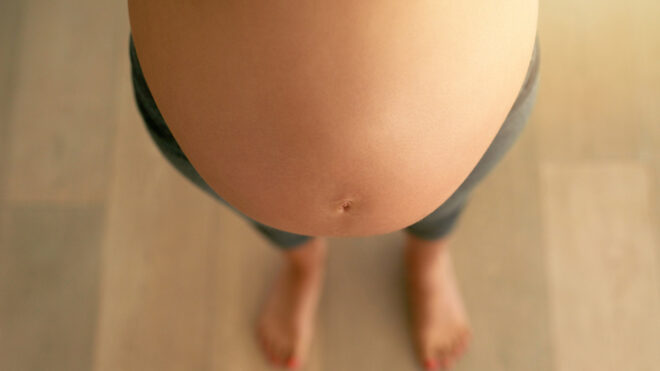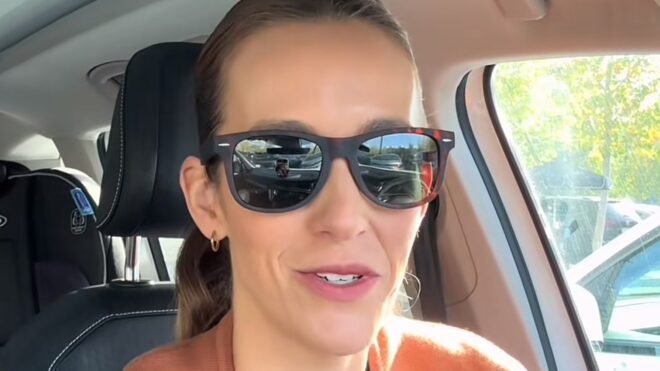
Let’s talk about getting pregnant. Growing up, many of us are taught to believe that getting pregnant happens in a snap — you have sex, you get pregnant, right? According to movies and television shows, yes. Obviously, though, that’s not always the case. For many couples, getting pregnant takes much more planning and thought than they originally expect. When you’re trying to conceive, there are a lot of things you can do to help along the process, from meeting with your doctor, to eating healthy food and staying active, to reducing your stress levels, to purchasing products that can help on the TTC (trying to conceive) journey. Below are some of our best recommendations for products that can help on the road to pregnancy.
1. Menstrual Cycle Apps
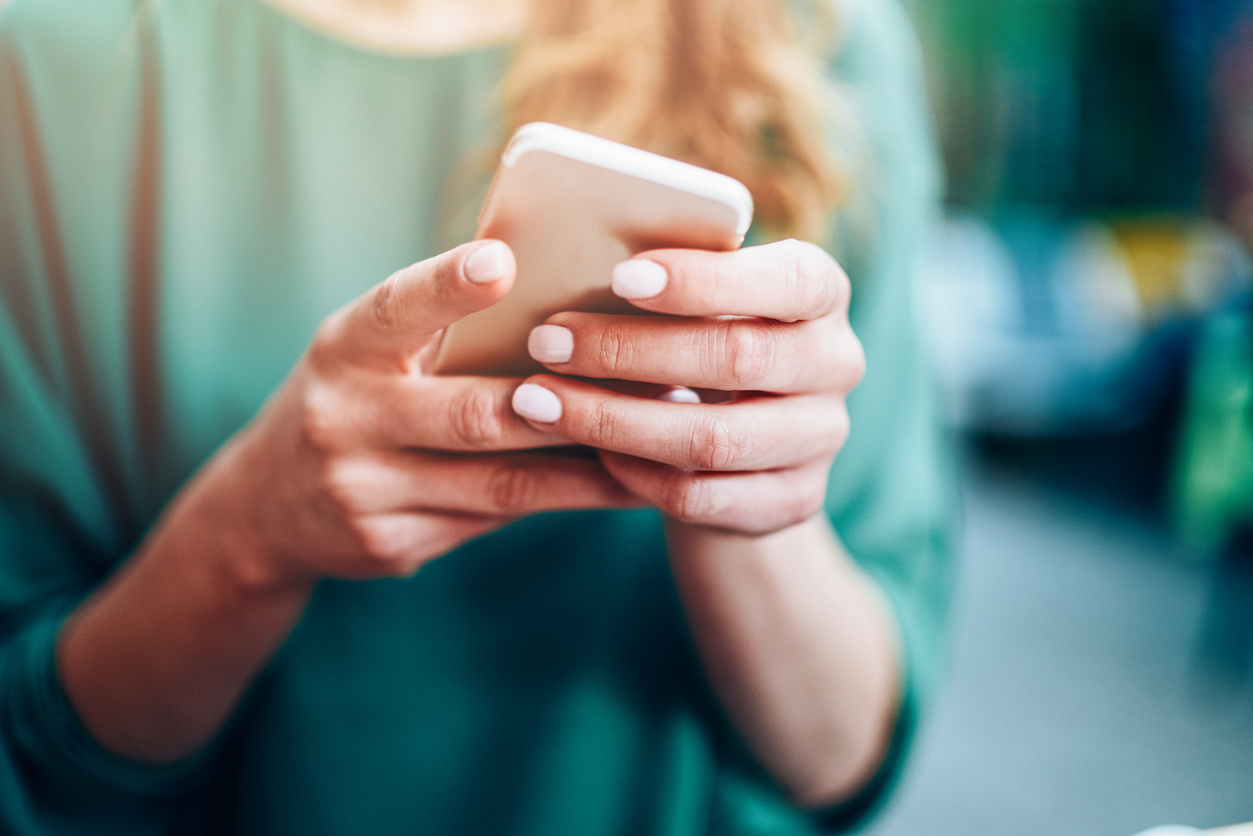
When trying to conceive, one of the most important things you can do is track your menstrual cycle to understand when you’re ovulating and when you’re most fertile. Luckily, there are a number of great apps out there that can help you keep track of your cycle. Some of these apps are more basic, and just require you to put in your start and end dates of your period, while others are much more involved, with places to add in your temperature, results of ovulation test, and more.
2. Pre-Seed Fertility Lubricant
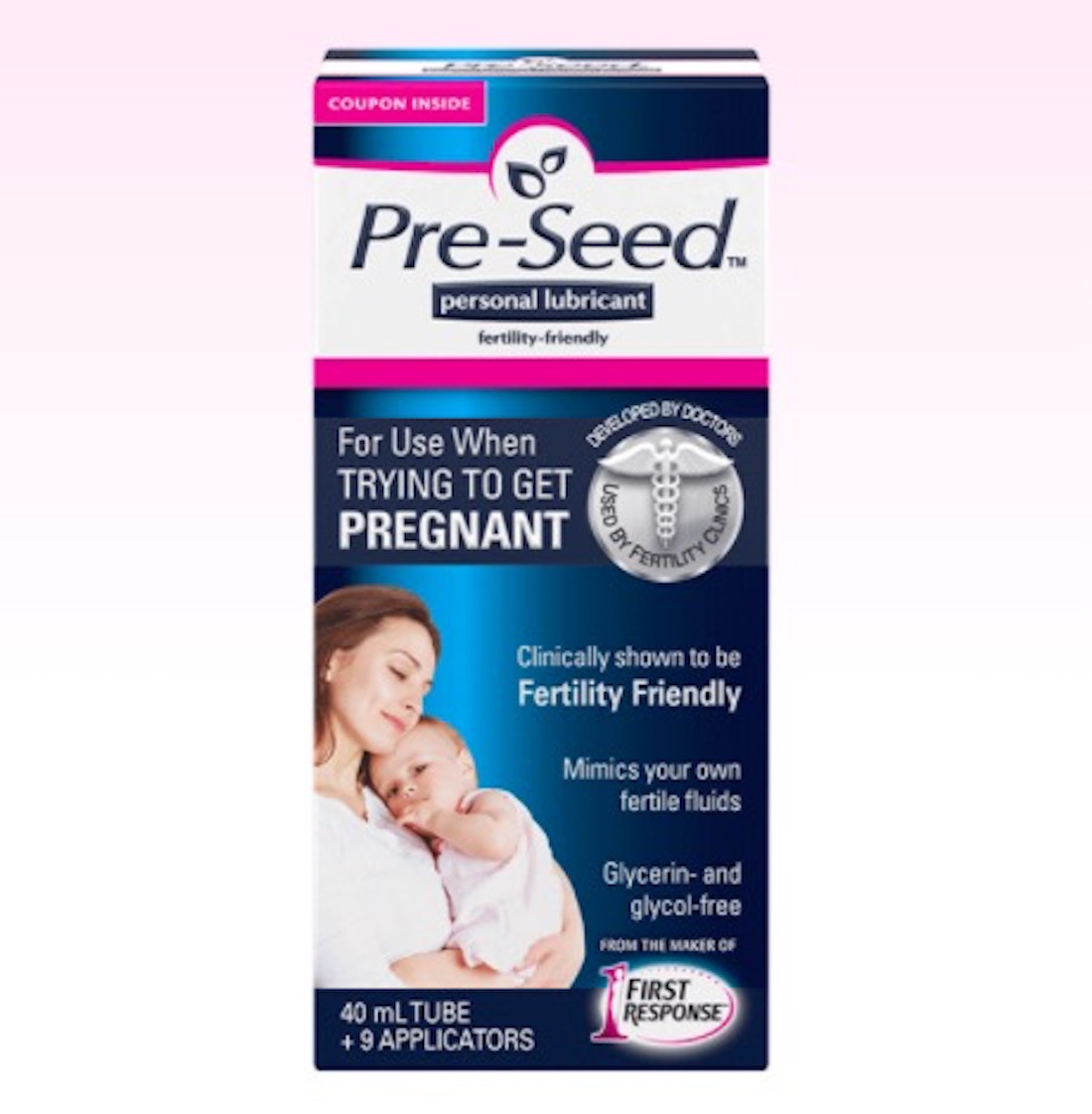
Many people don’t realize this, but not all lubricants are sperm-friendly — and non-sperm friendly lubricants may limit sperm motility. Pre-Seed Fertility Lubricant, though, is specially formulated for couples who are trying to conceive. Developed by doctors and used by fertility clinics, Pre-Seed lubricant was designed to be isotonic and pH balanced to support sperm quality.
3. Basal Body Temperature Thermometers
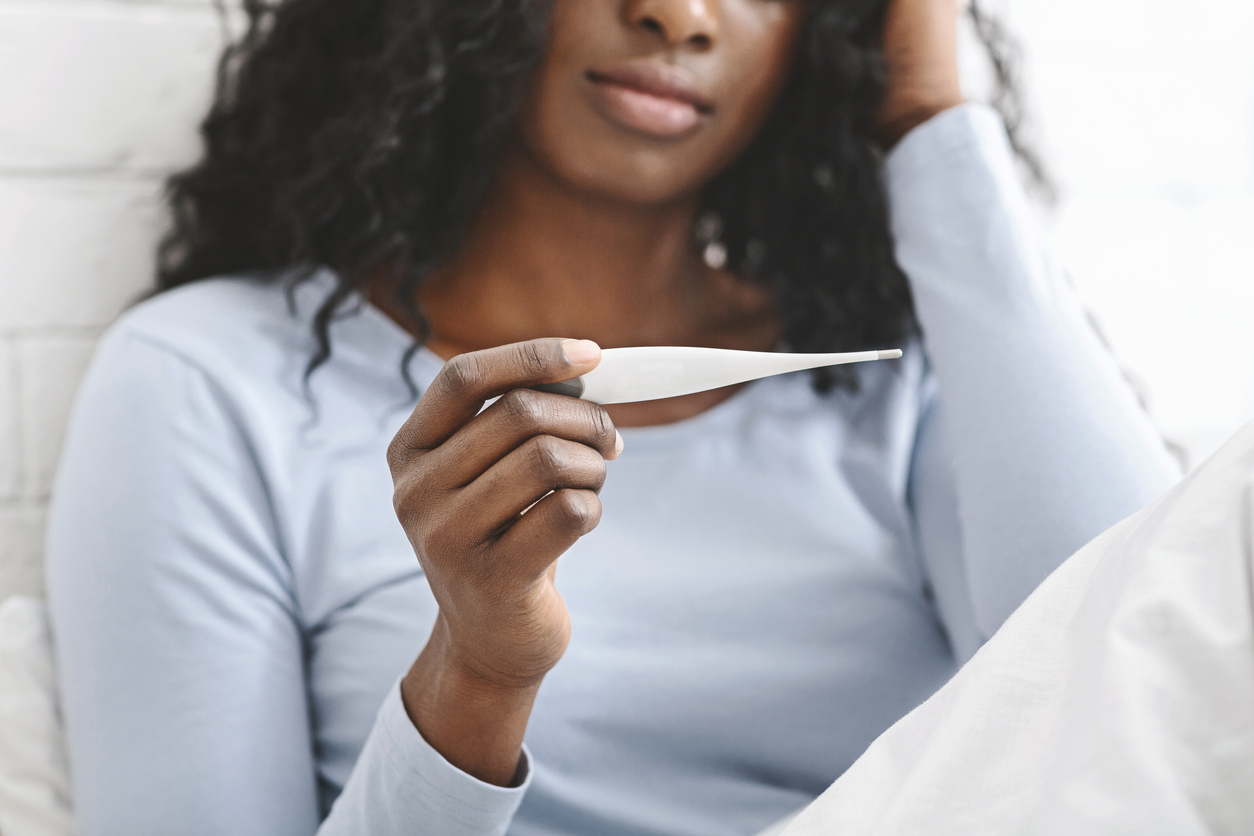
For anyone who doesn’t know, your basal body temperature is your temperature when you’re fully at rest. Ovulation can cause a slight increase in basal body temperature, so tracking this temperature can help you predict when you may ovulate. Many people track their basal body temperature by using a normal digital oral thermometer right before getting out of bed. There are also wearable thermometers on the market that can track your body temperature 24 hours/day.
4. Ovulation Tests
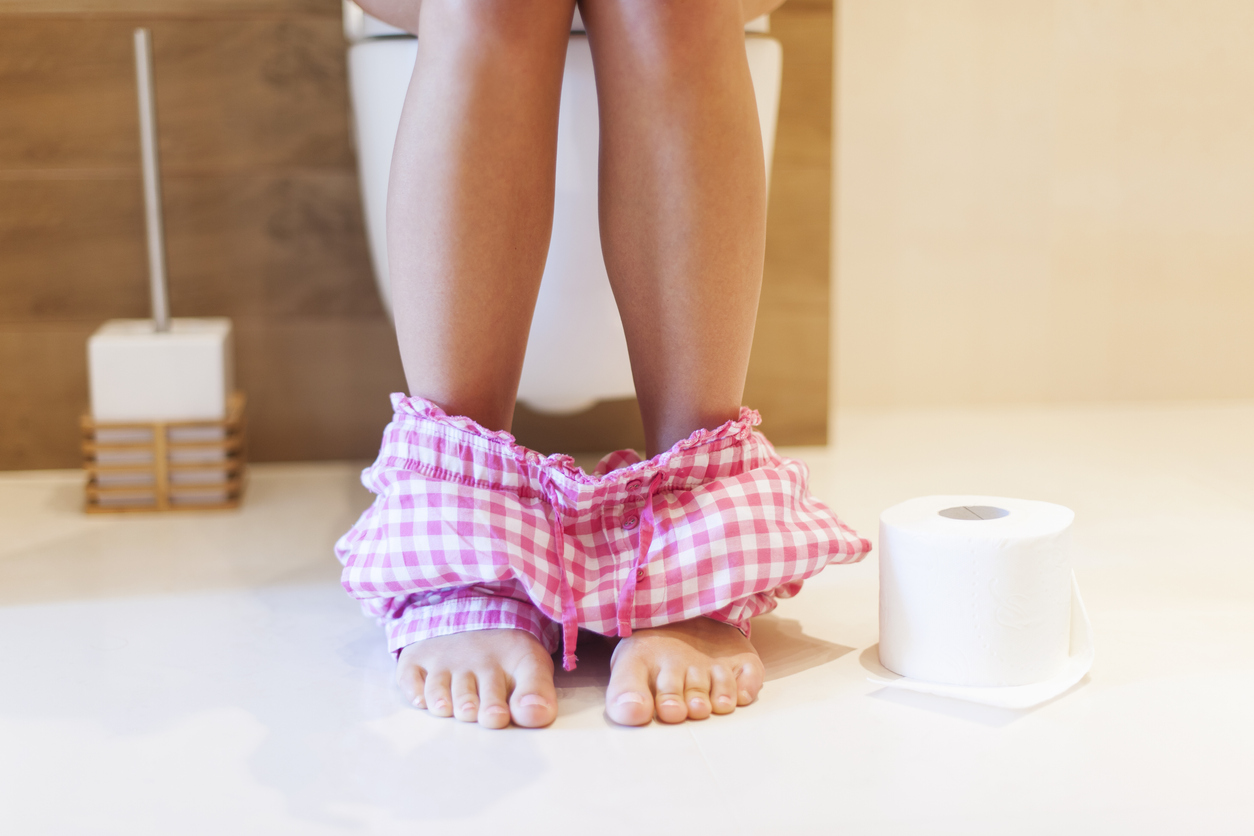
One of the easiest ways to find out if you’re ovulating is by taking an ovulation test. Many ovulation tests detect the luteinizing hormone (LH) surge in your urine — this surge indicates when you’re most fertile (and therefore most likely to conceive). The First Response Simple Ovulation Test is over 99% accurate (>99% accurate in detecting the LH surge in laboratory studies), predicts your most fertile days, and gives you easy-to-read results in just minutes.
5. Prenatal Vitamins

Many women think that they should start taking prenatal vitamins as soon as they find out they’re pregnant, but that’s actually not true. In fact, experts recommend that women begin taking prenatal vitamins before getting pregnant — about three months before conception. Why? Well, your eggs develop 90 days before they are released, so it’s important that your body is getting all the vitamins and nutrients it needs. In the first month of pregnancy, your baby’s neural tube (which becomes its spinal cord and brain) develops, so it’s important to already be on prenatal vitamins, since you may not even know you’re pregnant at this time. (Let your doctor know which vitamins you’re taking while trying to get pregnant so they can let you know about any contraindications.)
6. Fertility Books

The more you know about fertility and your own body, the better prepared you’ll be to take all the necessary steps to conceive. Today, there are a ton of fertility books out there — ask your doctor which books they’d recommend, then get reading!
If you’ve been trying to conceive for a while (at least 12 months if you’re under age 35, or at least 6 months if you’re age 35 or older), consider speaking to a fertility specialist about your situation.


